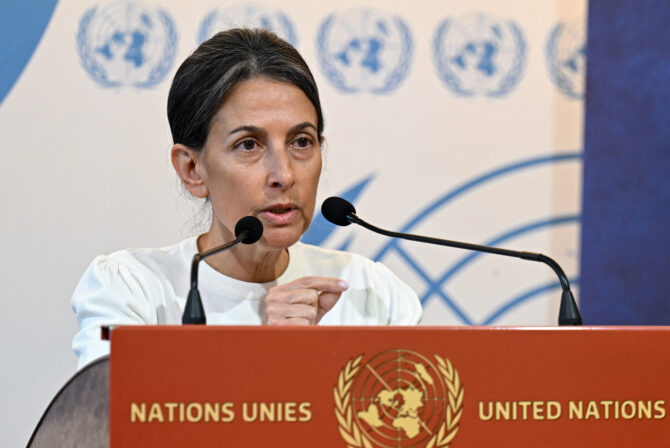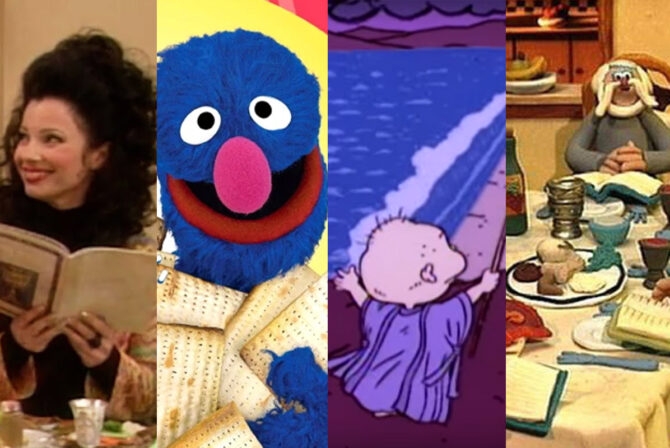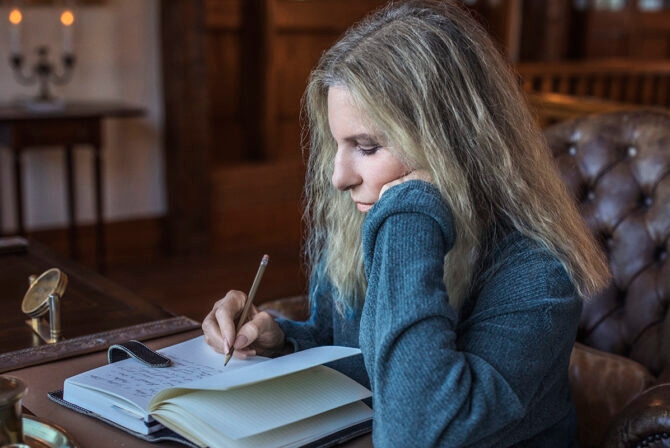Due to past writing I’ve done on Kveller, as well as on InterfaithFamily.com, about my interfaith, interracial, and intercultural family, I am often asked to speak on the subject. I tend to agree because I love to talk about my family. (And I love to talk in general.)
This past week, I was invited to participate in a radio show. As is typical, the producer called me in advance for a pre-interview. And then eventually (politely) dis-invited me from appearing on the show. Because my marriage was too, well, happy.
Yay?
Boo?
Huh?
She started by asking how our parents responded to our plans to marry. I explained that while my now husband’s African-American mother and father and my Soviet Jewish ones weren’t ecstatic, they didn’t, in any way, try to stop us, either. (The biggest objection was how briefly we’d known each other by that point–less than a year. “We’re happy now,” I said when all parties suggested that we hold off. “What should we wait for, until we’re unhappy?”)
“What if your parents had objected?” the producer wanted to know.
“It wouldn’t have mattered.”
“What if your friends had objected?”
“Some did. And they’re not our friends anymore. There were also rabbis that wouldn’t marry us. So we don’t go to that temple.”
“Oh. So… are your children harassed for being biracial?”
“Well, for a while there, our oldest son was being teased by another boy who kept rubbing his head and calling him Fuzzy because of his hair.”
“Oh, no! What did you do? Did you talk to the teacher? The school?”
“We know families where anything that happens to their child, it automatically becomes a racial incident that requires massive professional intervention and lots of discussion about sensitivity. We’ve chosen not to view the world that way, and certainly not to encourage our kids to do so. The victim mentality isn’t for us. We simply told our son that humanity was full of idiots, and that the only way to deal with it was to walk away, not to offer the reaction his bully was looking for. Oh, and that his hair was, in fact, fuzzy, so he’d better get used to the subject coming up.”
She next wanted to know about the looks our family gets on the streets.
Sure, we get looks on the streets. And on the subway and in restaurants and in stores, too. We ignore them. (Don’t get me wrong, the minute someone burns a cross on my (non-existent NYC) lawn or draws a swastika on my kid’s locker, I am happy to unleash the full force of the US Justice Department on them. But, that’s what people do. Why should I care what people think? This isn’t 1984. Being ignorant jerks is their problem, not mine. And in America, thank goodness, thinking isn’t a crime.)
“You don’t care what people think about you?” the producer double-checked. And triple-checked.
“No.”
“But, how can that be?”
“Well, for one thing, my husband and I are extremely self-centered. That helps a lot.”
“So it doesn’t bother you that there are people who feel you two have no right to be together?”
“Not really. It’s all perception. We decided early on that we weren’t going to let anything get to us. So we don’t.”
“That’s very inspirational.”
“Thank you.”
“But, what will you say if, during the show, people call in and talk about the problems they’re having, being an interracial couple? What advice would you give them?”
“I don’t discount that other people have problems. I’m sympathetic. For one thing, I realize how lucky we are to live in New York City, where the climate is fairly tolerant. But, we’ve chosen not to react to any racial or ethnic or religious slights that come up. I’d advise other people to do the same. It makes life easier.”
“That’s very inspirational.”
“Thank you.”
“But, I don’t think it’s a story people want to hear.”
“Okay, then. Good lucking finding what you’re looking for.”
I hung up. I certainly wasn’t going to argue with her. And I wasn’t offended so much as I was… intrigued.
On the one hand, as a writer and producer myself, I understand the urge for drama and conflict in a story. I’ll be the first to admit, my family is pretty boring in that respect. We go out of our way to avoid drama and conflict.
But, as someone who loves to read about other families (yes, I’m a yenta!), and, more importantly, as a mom who really cares about what messages her kids absorb from the omnipresent media, I am a little disturbed by the idea that the only coverage interracial and interfaith families tend to get, be it
The New York Times
,
USA Today
,
Essence
, or
The Jewish Week
, skews negative. As if that’s the only story worth telling. As if that’s the only story there is. As if that’s the only story there could be.







